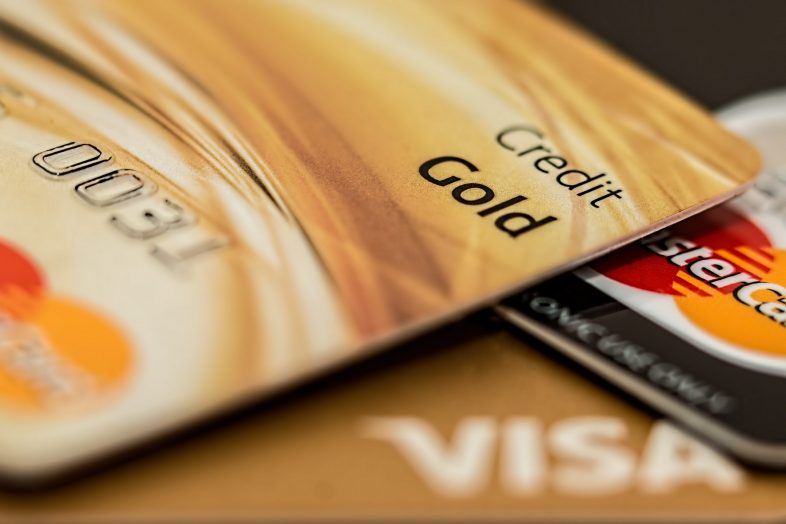Establish credit for your business in just 8 easy steps. Follow our guides below to get the credit your business deserves and to help save your personal credit just for your personal use.
According to the SBA, access to cash and credit is a business’s lifeline. Business credit allows a company to borrow money that can be used to purchase products or services. Just like any other types of credit and loans, it is based on the trust that payment will be made in the future.
Eight steps to establishing your business credit
- Incorporate your business. Even though you may be incorporated when you’re reading this, it deserves a mention. With sole proprietorships and general partnerships, the business is legally the same as the owner; therefore, there can be no separation of business credit history from personal. Incorporating a business or creating an LLC helps create a business that is then legally separate from the business owner(s).
- Obtain a federal tax identification number (EIN). The EIN is basically a social security number for a business. It is required on federal tax filings, and is also required to open a business bank account in the name of the corporation or LLC. In order to comply with IRS requirements, many larger businesses also require an EIN from their vendors in order to pay them for services provided.
- Open a business bank account. Open a business checking account in the legal business name. Once open, be sure to pay the financial transactions of the business from that account. If you use a business credit card (see below) for many financial transactions, be sure to pay the credit card bill from your business checking account.
- Establish a business phone number. Whether you use a landline, cell phone or you use VoIP, have a separate number for your business and in your business’ legal name. List that number in the directory so it can be found.
- Open a business credit file. Open a business credit file with all three business reporting agencies: Experian, Equifax and TransUnion.
- Obtain business credit card(s). Obtain at least one business credit card that is not linked to you or any other owners personally. Pick a business credit card from a company that reports to the credit reporting agencies. This could be just a credit card from a store like Lowe’s or Home Depot, as long as it is in the business’s name.
- Establish a line of credit with vendors or suppliers. Working with at least five vendors and/or suppliers can create credit for your company to use when purchasing with them. Make sure to ask that they report your payments to credit reporting agencies.
- Pay your bills on time. This should almost go unsaid, but make sure that you pay your bills on time. Just like with your personal credit, late payments can negatively impact your business credit as well.
An important extra step is also to monitor your business credit. Along with keeping up with your personal credit, it’s incredibly important to keep an eye on your business credit to make sure that there are no errors on your report that could negatively effect your business.




